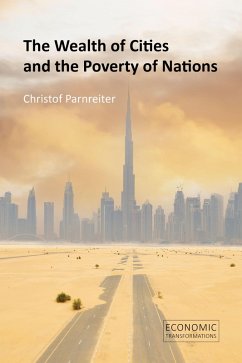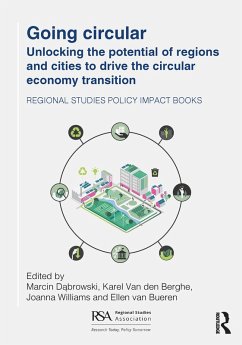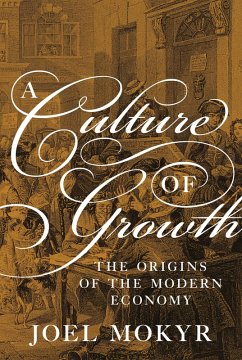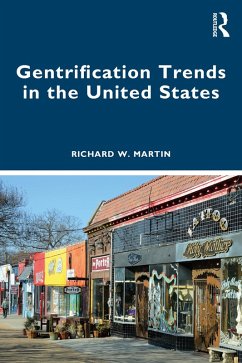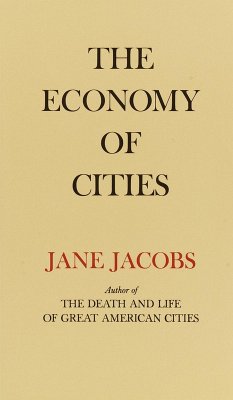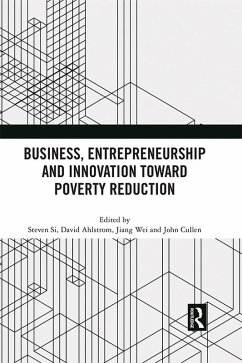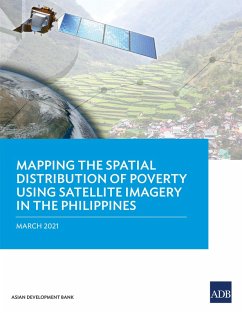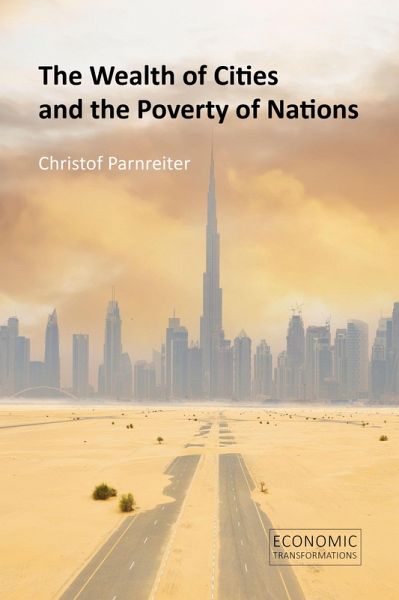
The Wealth of Cities and the Poverty of Nations (eBook, ePUB)
Versandkostenfrei!
Sofort per Download lieferbar
25,95 €
inkl. MwSt.
Weitere Ausgaben:

PAYBACK Punkte
13 °P sammeln!
Cities are seen as essentially "good": innovative, pro-growth, poverty-reducing. In a challenging corrective to this common portrayal, Christof Parnreiter argues that the same urban properties which make cities so extraordinarily proficient at producing the "good" innovations - agglomeration economies, network externalities and a massive built environment - also provides fertile ground for the development of the "bad" ones, on which urban elites have syphoned off wealth from other localities and regions.The book scrutinizes the interconnections between wealth creation and poverty generation by...
Cities are seen as essentially "good": innovative, pro-growth, poverty-reducing. In a challenging corrective to this common portrayal, Christof Parnreiter argues that the same urban properties which make cities so extraordinarily proficient at producing the "good" innovations - agglomeration economies, network externalities and a massive built environment - also provides fertile ground for the development of the "bad" ones, on which urban elites have syphoned off wealth from other localities and regions.
The book scrutinizes the interconnections between wealth creation and poverty generation by putting cities centre stage as a fundamental explanatory category for understanding how the wealth of nations is produced as well as for grasping how the poverty of nations is created. It seeks to correct the developmentalist enthusiasm, commonplace in urban and regional studies, for cities' efficiency, which has displaced interest in cities' role in uneven development.
The book scrutinizes the interconnections between wealth creation and poverty generation by putting cities centre stage as a fundamental explanatory category for understanding how the wealth of nations is produced as well as for grasping how the poverty of nations is created. It seeks to correct the developmentalist enthusiasm, commonplace in urban and regional studies, for cities' efficiency, which has displaced interest in cities' role in uneven development.
Dieser Download kann aus rechtlichen Gründen nur mit Rechnungsadresse in A, D ausgeliefert werden.




